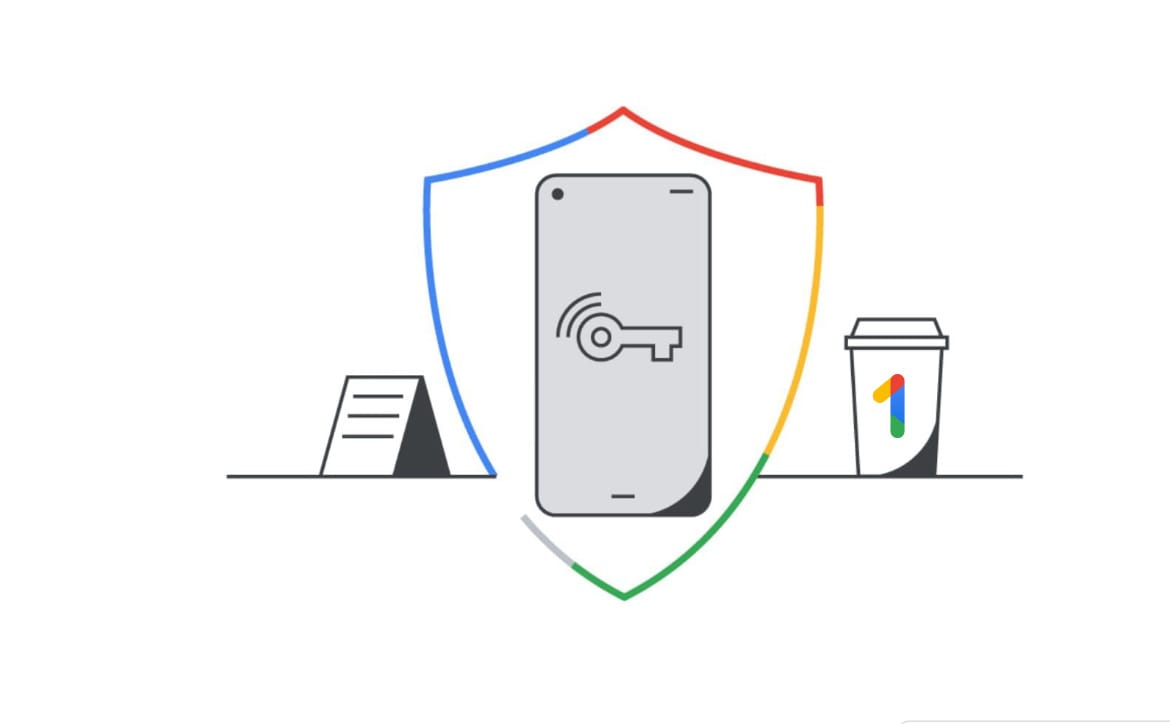Google has long been known as an ad-revenue based company. From implementing ads into Google Search, to monetizing YouTube videos, Google undoubtedly makes a lot of money from their advertisements throughout their services. Unfortunately, due to Google allowing third parties to allow ads on their sites, this has lead to the creation of clickbait ads that often result in people being scammed. The most common of these are payday loans. The ad generally makes false claims about loan payments and interest rates, just to get a click or tap.
Google has enforced new policies which prevent these types of advertisements from showing up in their ad networks. Since the policy creation in July of 2016, Google has disabled over 5 million of these kinds of ads.
Another form of misleading advertisements are what Google calls “trick to click” ads. If you’ve ever been browsing a site, and noticed a new tab open with a warning saying your device needs to be updated, you’ve experienced these before. Google pointed out the progress they’ve made with these types of ads in 2016:
In 2016, our systems detected and disabled a total of 112 million ads for “trick to click,” 6X more than in 2015.
That’s a lot of misleading advertisements. I’m saddened that so many exist, yet happy that Google is noticing and taking the appropriate action. These types of advertisements are more commonly mistaken with people who aren’t very tech savvy, which makes them even worse.
When Google discovers these bad ads, they block the ad itself. Occasionally, Google can also take further action by disabling the entire site associated with the ad.
Google did a lot in 2016 to prevent malicious advertisements in their services. However, their fight isn’t over yet, and will continue to go on due to different ways of forming misleading advertising.
What are your thoughts on Googles efforts? Do you think they could do more? Let us know in the comments below, or on Google+, Facebook, or Twitter.
[button link=”https://blog.google/topics/ads/how-we-fought-bad-ads-sites-and-scammers-2016/” icon=”fa-external-link” side=”left” target=”blank” color=”285b5e” textcolor=”ffffff”]Source: Google[/button]









